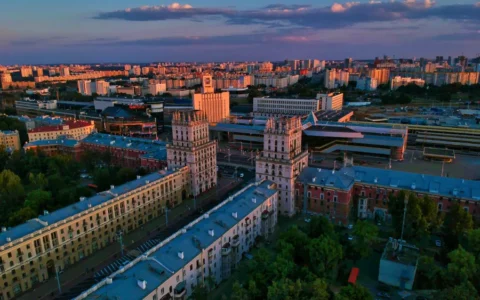Author: Reza Motalebpour, Founder at Ingwe Canada
The Canadian immigration world has an ongoing love-hate relationship with the federal Startup Visa (SUV) Program. Immigration consultants may embrace it while legal immigration practitioners may try to avoid it at all costs. The program is one of two direct permanent residency programs available for businesspersons and entrepreneurs looking to settle in Canada. Although the program has merit and some unique benefits, its popularity may be attributed more to a lack of alternatives than anything else.
There are over 140 different immigration pathways in Canada, but very few are correctly designed for entrepreneurs and investors. For example, entrepreneurs looking to settle with permanent residency in Ontario would need an official dedicated provincial pathway. Due to integrity issues and an overall lack of success, the Ontario Provincial Nominee Program has paused its Entrepreneur Stream and Success Initiative Program. This leaves the federal Startup Visa Program as the only path available for serious investors within the province. Ontario also boasts the greatest number of supporting designated organizations under the SUV program, making it an even more attractive option.
Most of the entrepreneur programs are riddled with long processing times, a skewed points-based entry system, lengthy business establishment requirements, and multiple and complicated reviews including net worth audits and detailed interviews. Successful entry into these programs often favors applicants who have completed an exploratory trip. This alone is daunting and unrealistic when many Canadian embassies overseas refuse many applicants for visitor visas, even entrepreneurs.
When comparing the federal Startup Visa Program to any of these existing entrepreneur programs in Canada, it’s a no-brainer for most applicants. In contrast to these formidable requirements and multiple hoops to jump through, the SUV program with its “relaxed” criteria is an alluring alternative to many of our entrepreneurial clients at Ingwe Immigration.
The Startup Visa Program doesn’t use an unattainable point system for entry. It doesn’t require a specific education level or proof of work experience. Nor does it have a net worth or minimum investment fund requirement. It almost sounds too good to be true – like the premature announcement made in June of 2023 that all Startup Visa applicants would be eligible for open work permits… But the wide doors of the SUV Program have stayed open. A businessperson with a concept in its early stages as a Startup company can be eligible with a letter of support from a designated organization – no other program in Canada can boast such as list of ‘exemptions’ for eligibility. In addition to the less strict requirements, the IRCC has set an increased goal to welcome 17,000 permanent residents through the Startup Visa Program and Self-employed Persons Program between 2024 and 2026. There are some additional benefits to the SUV Program as well including dependent age locking, the option to apply with a group, and fewer location restrictions for applicants.
Clearly, the SUV program has some merit and benefits, but if entrepreneurial applicants don’t fit the SUV mold, there are few commendable alternatives. The options are mostly poorly designed, unrealistic, unattainable for most applicants, or simply non-existent. The Startup Visa Program remains a popular choice for now but hopefully, in the future, Canada will develop some additional quality pathways for serious investors and entrepreneurs seeking permanent residency.






